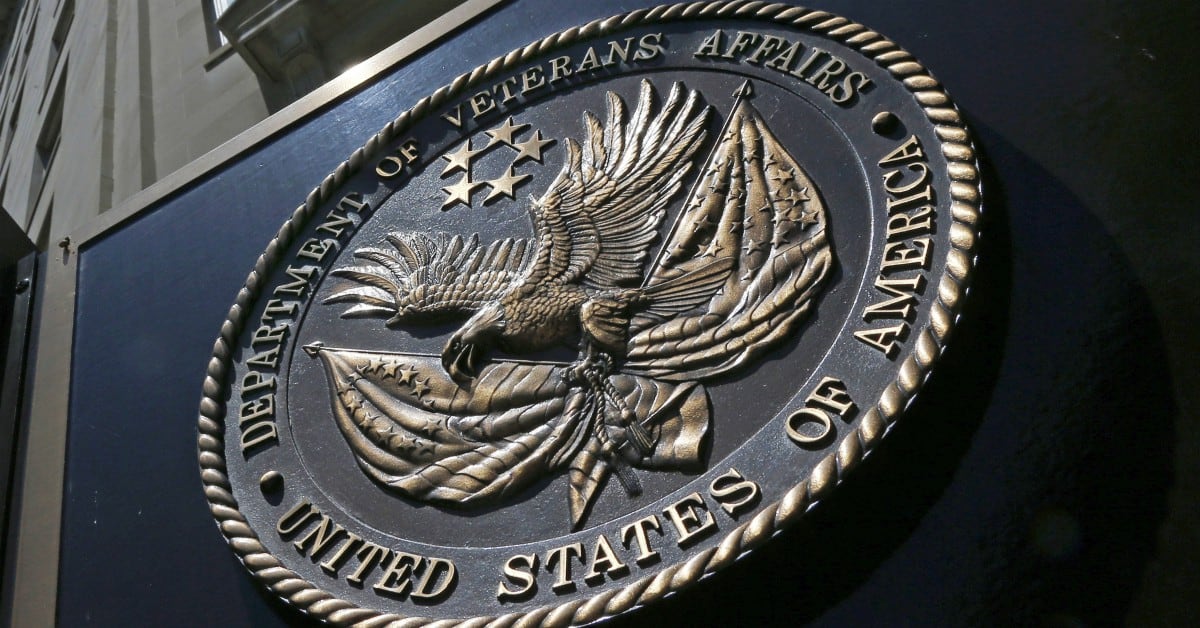A new Veterans Affairs program requiring phone calls to all recently separated service members to discuss potential benefits and support services could be made into a permanent mandate for the department under plans being supported by lawmakers in the House and Senate.
The Veterans Affairs' Solid Start program, launched last December, has drawn praise from lawmakers as critical outreach to the new veterans, among the most vulnerable groups for increased stress, mental health issues and suicidal thoughts.
Department officials said through September, the first nine months of the program, VA officials contacted nearly 70,000 individuals through the phone calls, the majority of them on the first attempt. The goal of the calls is to “help you better understand the benefits available to you and help you get a solid start on your civilian life.”
RELATED

Of the individuals contacted, more than 12,000 were individuals who had a mental health appointment with military specialists in their last year of service, a group seen as particularly vulnerable for transition-related stress problems.
At least nine veterans have been connected to the VA’s suicide hotline during the Solid Star calls to deal with emergency mental health situations, department officials said.
The successes thus far have led lawmakers to try and codify the program, ensuring that future administrations or budget changes at VA won’t shutter the effort.
Last month, a bipartisan group of senators offered new legislation to make the program permanent, including requiring more public advertising of the program, mailed follow-ups to veterans if phone calls are unsuccessful, and analysis of information collected through the program to help with future transition issues.
Sen. Maggie Hassan, D-N.H. — who introduced the measure with Republican Sens. Kevin Cramer of North Dakota and Bill Cassidy of Louisiana — praised the “significant strides” made in the program already and said officials now need to build on that work.
“Veterans who bravely sacrificed for our country often face significant struggles as they return to civilian life, and we have an obligation to do everything that we can to support them in this transition,” she said in a statement.
In September, House lawmakers passed separate legislation to require annual reports on the program’s effectiveness, including the number of veterans contacted and data on referrals to other VA services.
“Veterans often need a little extra support and encouragement as they transition to civilian life,” Rep. Robin Kelly, D-Ill. and one of that measure’s sponsors, said in a statement earlier this year.
“This program seeks to support veteran mental health and has reportedly shown positive results already. It’s time for Congress to get in the game and support this program while providing Constitutionally-mandated oversight.”
RELATED

Whether that will happen remains unclear. Both the House and Senate are currently on election recess, and face a compressed legislative schedule for the rest of 2020.
The measures could be included in wrap-up legislative packages later this year, which would require full support from both chambers' members. Advocates say they are confident that the proposals could gain that level of support, given the bipartisan effort thus far to make changes.
Leo covers Congress, Veterans Affairs and the White House for Military Times. He has covered Washington, D.C. since 2004, focusing on military personnel and veterans policies. His work has earned numerous honors, including a 2009 Polk award, a 2010 National Headliner Award, the IAVA Leadership in Journalism award and the VFW News Media award.





